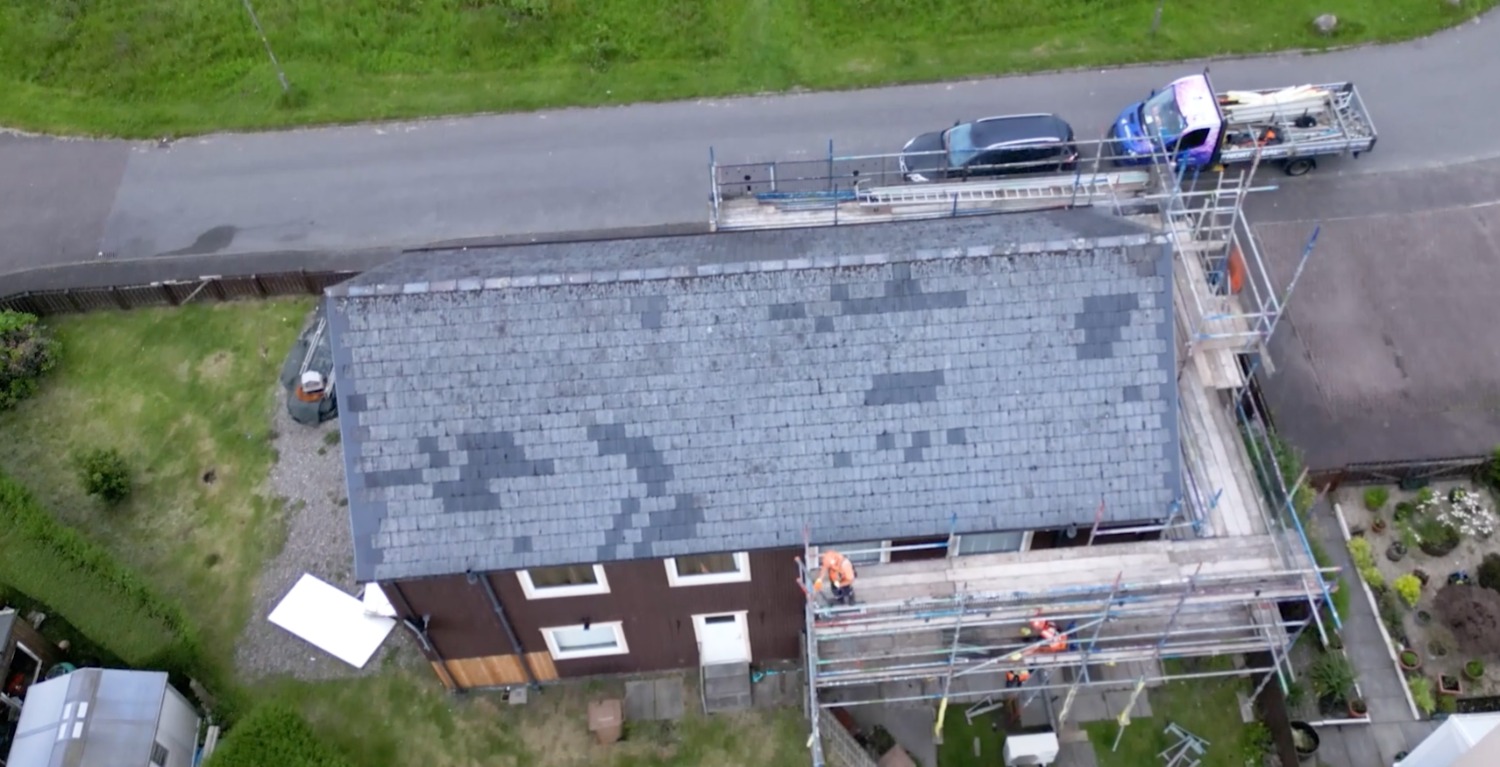
SWEDISH Timber properties in Caol are to be retrofitted as part of a new Highland Council project.
The local authority is working alongside Union Technical on the project, with the Glasgow-based firm being its approved energy efficient Scotland contractor.
The retrofit project will look to enhance the energy efficiency of homes, reduce carbon emissions, and lower energy demand and costs, with it focusing on properties that have a low energy efficiency rating.
Councillor Sarah Fanet, chair of the climate change committee at the Highland Council, said, “It is wonderful to see the council delivering a mixed tenure project which offers significant benefits to Highland residents, aligning with net zero targets and housing standards. This project is an exemplar for building future mixed-tenure retrofit projects which can attract various sources of external funding, aligning with the council’s ambition to reduce fuel poverty across the region.”
Anticipated benefits of the project include lower energy bills, improved home comfort, and ‘significant’ reductions in carbon emissions, the council added. Some properties are expected to see increases in their energy performance certificate (EPC) rating, potentially increasing ratings from E to B.
Michael Sweeney, director of Union Technical Services, added, “We are delighted to be delivering the scheme in Caol. This will give the whole area a lift in terms of aesthetics but more importantly we will be reducing fuel bills and giving residents a better quality of life and a warmer home to live in.”
Multiple funding streams, including Scottish Government EES:ABS, Energy Company Obligation (ECO) funding, SSE Renewable grant and the council housing capital budget, have been secured to enable the council to have a wider impact and achieve economies of scale.
Lindsay Dougan, Senior Manager, SSE Renewables said, “The Highland energy efficiency programme is a great example of partners working together to support the needs of the Highlands. SSE Renewables sustainable development fund has provided £1.8 million to the programme to ensure households in extreme fuel poverty are supported to have the warmer, energy efficient homes they need.”








